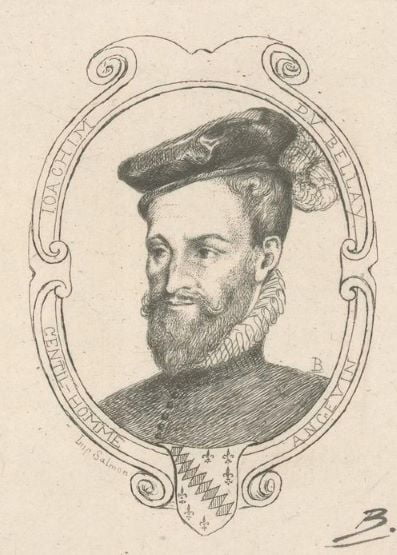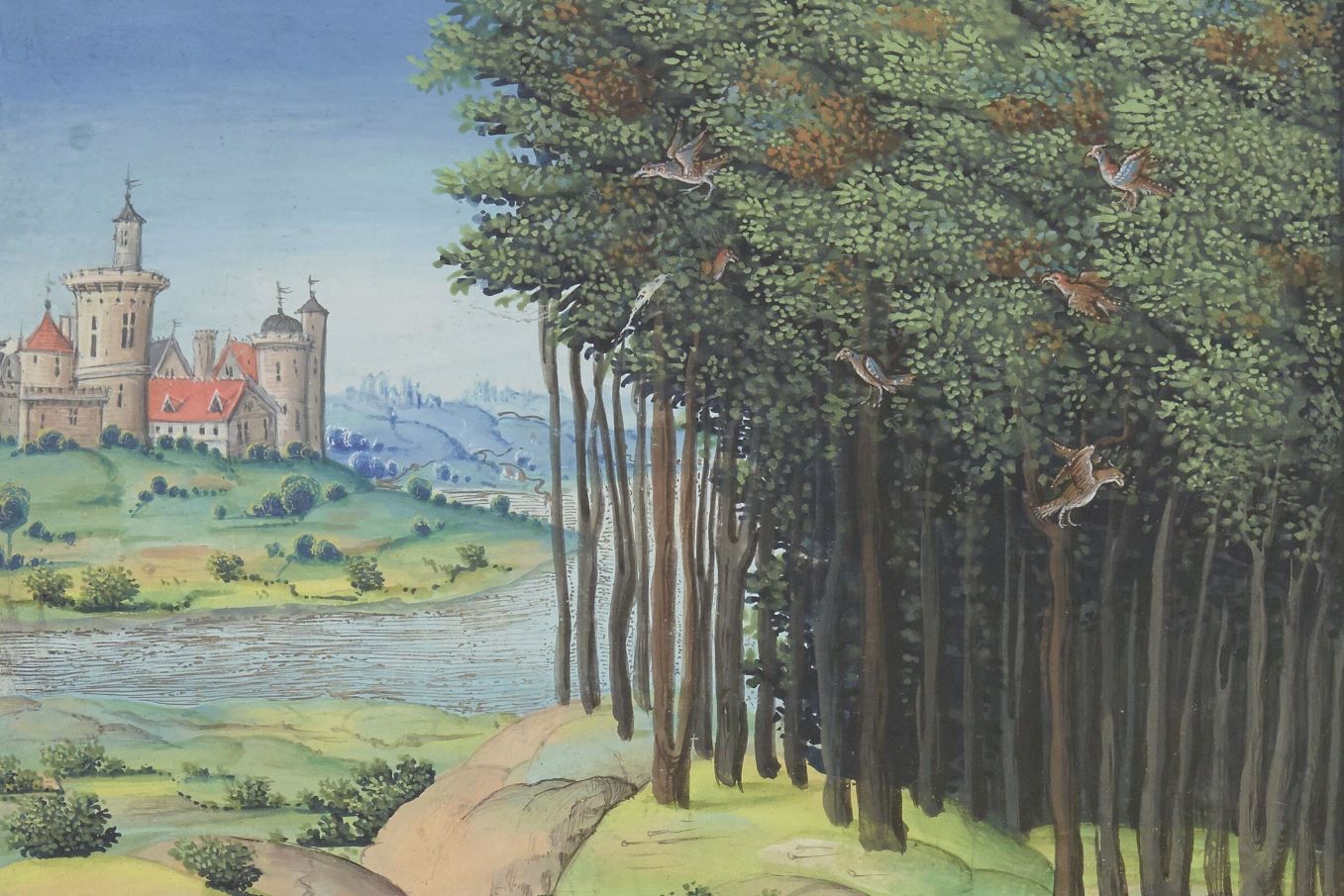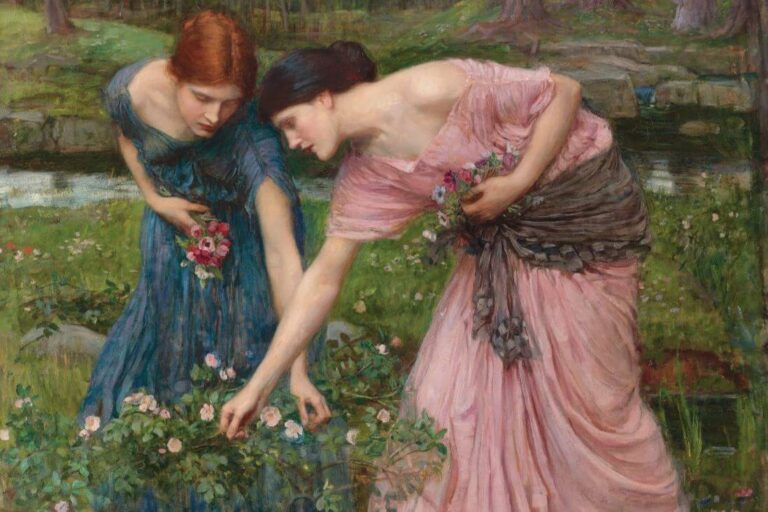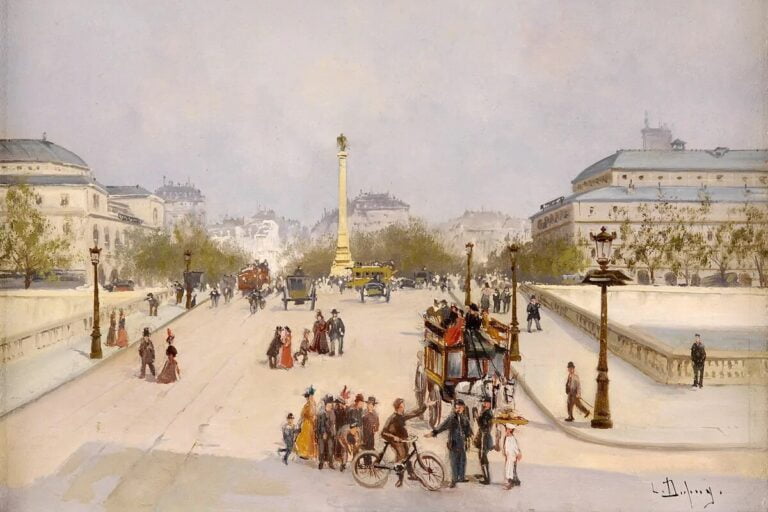Whenever I am struck by melancholy and I am in dire need of some distraction, I usually turn to art for consolation. It reminds me of Bertrand Russell’s Conquest of Happiness, in which he states that a genuine interest in the outside world is more likely to cheer you up than turning inwards and dwelling on your thoughts. Paradoxically, it is mostly art about misery and sorrow that comforts me the most, like Bach’s Actus tragicus or the following poem. Today I will take a look at A Sonnet to Heavenly Beauty by the French Renaissance poet Joachim du Bellay (c. 1522-1560).
In the poem, Du Bellay laments his suffering on earth, expressing feelings of melancholy, desperation, and longing. Our days are short and in vain, he says. Everything we create, collect, or cultivate, our belongings, memories, and friendships, it all comes to an end. Having lost both his parents at a young age, he experienced first hand that we are bound to lose everything we love. Confronted by all this misery, Du Bellay longs for eternal life in heaven. In comparision, our life on earth is but a day. So if everything must pass, what is the purpose of this mortal life?
Du Bellay implies that there is some beauty to be found on earth, but it cannot compare with that of the highest heavens, of which we can merely get a glimpse. In that regard, the poem reads rather like a prayer. But whether one believes in God or not, it is this eternal longing for beauty, peace, and love that is most touching in this poem, the desire to trascend the mundanity of our daily lives, even if they are but fleeting moments. Just as reading this poem makes my day a little brighter, dancing on its radiant rhythms and rhymes, while – like Du Bellay – hoping for ever better times.
Si notre vie est moins qu’une journée
En l’éternel, si l’an qui fait le tour
Chasse nos jours sans espoir de retour,
Si périssable est toute chose née,
Que songes-tu, mon âme emprisonnée?
Pourquoi te plaît l’obscur de notre jour,
Si pour voler en un plus clair séjour,
Tu as au dos l’aile bien empannée?
Là, est le bien que tout esprit désire,
Là, le repos où tout le monde aspire,
Là, est l’amour, là, le plaisir encore.
Là, ô mon âme au plus haut ciel guidée!
Tu y pourras reconnaître l’Idée
De la beauté, qu’en ce monde j’adore.
Joachim du Belaly (from ‘L’Olive’)
If this our little life is but a day
In the Eternal, — if the years in vain
Toil after hours that never come again, —
If everything that hath been must decay,
Why dreamest thou of joys that pass away,
My soul, that my sad body doth restrain?
Why of the moment’s pleasure art thou fain?
Nay, thou hast wings, — nay, seek another stay.
There is the joy whereto each soul aspires,
And there the rest that all the world desires,
And there is love, and peace and gracious mirth;
And there in the most highest heavens shalt thou
Behold the Very Beauty, whereof now
Thou worshipped the shadow upon earth.
Translation by Andrew Lang




